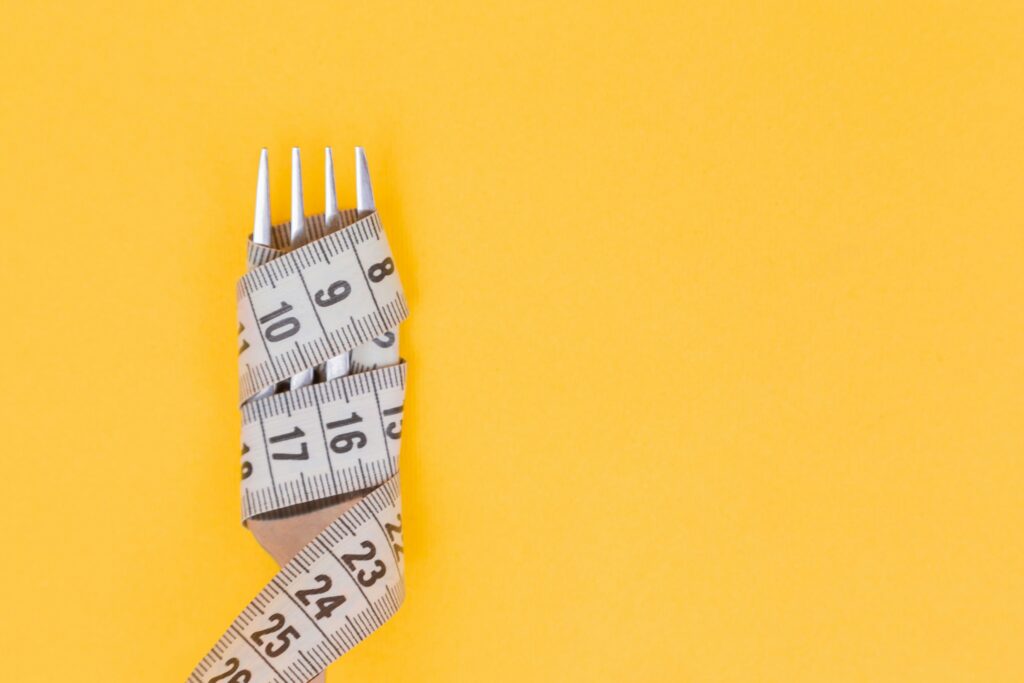
Embarking on a journey to achieve your ideal weight and fitness level is a commendable goal. This guide is designed to provide you with comprehensive answers to common questions about fat loss. Whether you’re curious about the role of strength training in fat loss or the impact of stress on your journey, we’ve got you covered. Let’s dive into the science and strategies behind effective methods.
What are the most effective exercises ?
Effective exercises for fat loss include HIIT, strength training, and cardio. HIIT alternates between high and low-intensity exercises, maximizing calorie burn. Strength training builds muscle, which increases metabolism and aids fat loss. Cardio exercises like running, cycling, and swimming also help reduce body fat.
How important is diet in the process?
Diet is crucial for fat loss. Consuming fewer calories than you burn is essential. A balanced diet, rich in lean proteins, healthy fats, and whole grains, supports fat loss. Avoid processed foods and sugary drinks. Hydration is also vital. Drink plenty of water daily.
Can I target fat loss in specific areas of my body?
Targeting fat loss in specific areas is a myth. It occurs overall. Focus on full-body workouts and a healthy diet for the best results. Combining cardio, strength training, and flexibility exercises promotes comprehensive fat loss. Consistency is key to achieving your goals.
How much cardio should I do to lose fat?
For fat loss, aim for at least 150 minutes of moderate-intensity cardio weekly. This can include activities like brisk walking, swimming, or cycling. For greater benefits, consider 75 minutes of vigorous-intensity cardio. Consistency and variety in cardio workouts can enhance results.
What are some common myths?
One myth is that spot reduction works. It cannot be targeted to specific areas. Another myth is that it happens quickly. Sustainable fat loss takes time and consistent effort. Fad diets are often ineffective. Balanced, nutritious eating and regular exercise are essential for lasting results.
How Does Strength Training Contribute?
Strength training builds muscle, which increases metabolism. A higher metabolism burns more calories, aiding fat loss. It also improves body composition, making you look leaner.
Is It Better to Work Out in the Morning or Evening?
Both morning and evening workouts are effective for fat loss. Choose a time that fits your schedule and keeps you consistent.
What Role Do Sleep and Stress Play?
Lack of sleep and high stress can hinder results. Both affect hormones that regulate hunger and metabolism.
How Can I Stay Motivated During My Journey?
Set realistic goals and track progress. Celebrate small achievements. Find a workout buddy to keep you accountable.
Are There Any Supplements That Can Help?
Some supplements may aid it, like green tea extract and caffeine. Always consult a doctor before starting any supplement.
How Many Calories Should I Consume to Lose Fat?
Calculate your total daily energy expenditure (TDEE) and create a calorie deficit. Aim to reduce 500-1000 calories daily.
What Are the Best Foods to Eat?
Eat whole foods rich in protein, fiber, and healthy fats. Examples include lean meats, vegetables, fruits, and nuts.
Can Intermittent Fasting Help?
Intermittent fasting can help with it by reducing calorie intake and improving insulin sensitivity. It can also simplify meal planning.
How Do I Avoid Losing Muscle While Trying to Lose Fat?
Combine strength training with adequate protein intake. Maintain a moderate calorie deficit. Avoid extreme dieting to protect muscle mass.
What Is the Role of Hydration?
Staying hydrated boosts metabolism and reduces hunger. Drink plenty of water throughout the day to aid it.
How Often Should I Change My Workout Routine for Optimal Fat Loss?
Change your routine every 4-6 weeks to prevent plateaus. Include variety in exercises and intensity levels.
Is It Normal to Experience Weight Fluctuations During Fat Loss?
Weight fluctuations are normal due to water retention and changes in muscle mass. Focus on long-term trends.
How Long Does It Typically Take to See Results from a Fat Loss Program?
Results vary based on diet, exercise, and metabolism. Expect noticeable changes in 4-8 weeks.
Can I Still Enjoy My Favorite Foods While Trying to Lose Fat?
Yes, in moderation. Allow yourself occasional treats to prevent feelings of deprivation and maintain consistency.
What Are Some Effective Strategies for Dealing With Cravings?
Drink water, distract yourself, or opt for healthier alternatives. Recognize triggers and find healthy substitutes.
How Do Hormones Affect it?
Hormones like insulin, cortisol, and leptin influence appetite, metabolism, and fat storage. Balance is crucial.
Is It Necessary to Track Macros for Fat Loss?
Tracking macros can optimize it by ensuring balanced nutrition. It helps control calorie intake.
What Are Some Low-Impact Exercises Suitable for it?
Swimming, cycling, and yoga are gentle on joints while promoting fat burning and cardiovascular health.
How Can I Measure My Progress Without a Scale?
Track body measurements, take progress photos, and monitor how clothes fit. These indicators show progress.
Can Stress Hinder My Fat Loss Efforts?
Yes, stress increases cortisol levels, which can lead to fat storage, especially around the abdomen.